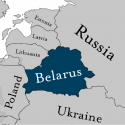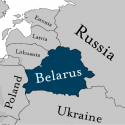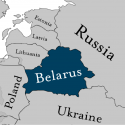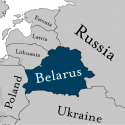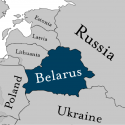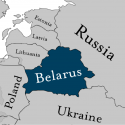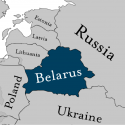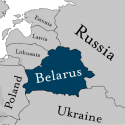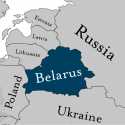Belarus Warning Update: Security Personnel in Green Uniforms without Insignia Appear in Minsk
Sep 5, 2020 - George Barros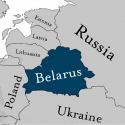
6:00 EDT: Security personnel wearing unmarked green uniforms appeared in Minsk for the first time on September 5. The personnel are reportedly Belarusian riot police (OMON) in new uniforms. These personnel wear Russian-made Dozor body cameras – a model of cameras Russian police and interior forces as well as Belarusian OMON personnel use. Belarusian OMON previously wore all black uniforms with identifying markings. It is unclear why Belarusian OMON would have changed their uniforms and removed identifying markings. They could be setting conditions for the appearance of Russian security personnel in similar unmarked uniforms.


